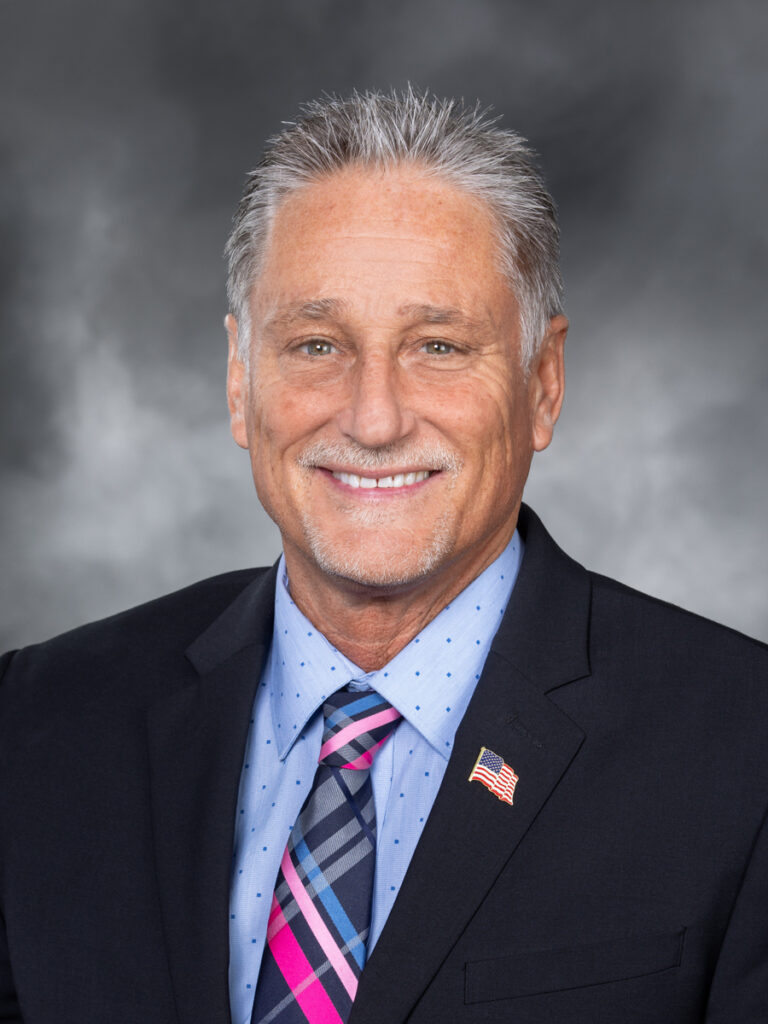Note: The following op-ed appeared in the Seattle Times, Oct. 21, 2025.
By Sen. Jeff Wilson
Special to The Seattle Times
Washington’s initiative process is one of the purest expressions of democracy in our state. It gives every citizen the power to propose laws, to check legislative inaction, and to make their voices heard when government drifts out of step with the people.
That right — the right to petition — belongs to all Washingtonians, regardless of political belief. It’s not a partisan privilege. It’s a constitutional guarantee.
Recently, however, we’ve seen troubling incidents of harassment and even violence directed at people who are gathering signatures for citizen initiatives. Whether you support the initiatives or not, these incidents strike at the heart of democratic participation.
In one widely shared video, a person accused of defacing petitions appeared to be detained, then released shortly afterward. Other reports have described confrontations, threats and property damage in communities across the state. These situations can escalate quickly, and officers must make fast judgments about what the law allows them to do.
Under current law — RCW 29A.84.250 — it is already a gross misdemeanor to interfere with signature gathering “by threats, intimidation, or any other corrupt means or practice.” Yet these incidents keep happening, and it’s become clear that the statute may not be as clear or practical to enforce as we need it to be.
That’s why I am preparing legislation for the 2026 session to strengthen and clarify the law. In previous sessions, I introduced similar bills to establish boundaries around signature-gathering areas and to increase penalties for deliberate interference. This new draft will build on that work — and this time, I want to make sure we get it right.
To do that, I’m reaching out to law enforcement across Washington for their input. My goal isn’t to criticize how these incidents have been handled, but to understand the challenges officers face on the ground. What makes enforcement difficult? What gaps exist in the current statute? What would make the law more usable in real-world situations?
The feedback from officers, sheriffs and police chiefs will help ensure that any legislation we pass is not just symbolic, but truly effective. If a law is too vague to enforce, it fails both the citizens it’s meant to protect and the officers asked to uphold it.
This is not about one political party or one set of initiatives. It’s about protecting a process that has belonged to the people of Washington since 1912 — a reform championed by the progressive and labor movements of that era to keep power close to the citizens themselves.
When people are intimidated from participating in that process, it undermines the public’s faith that their government will protect their rights evenly, no matter who they are or what they believe. Every Washingtonian should be able to collect signatures, or decline to sign, without fear of confrontation or harassment.
Law enforcement and lawmakers share the same mission here: to protect the public and uphold the rule of law. I’m confident that with input from those who enforce our laws daily, we can craft legislation that keeps the initiative process open, safe and fair for everyone.
Protecting the people’s voice isn’t a partisan cause — it’s a Washington value. If we work together, we can ensure that this cornerstone of our democracy remains strong for the next century, just as it was when the people first claimed it as their own.
Jeff Wilson: R-Longview, is the ranking Republican on the Senate State Government, Tribal Affairs & Elections Committee.









